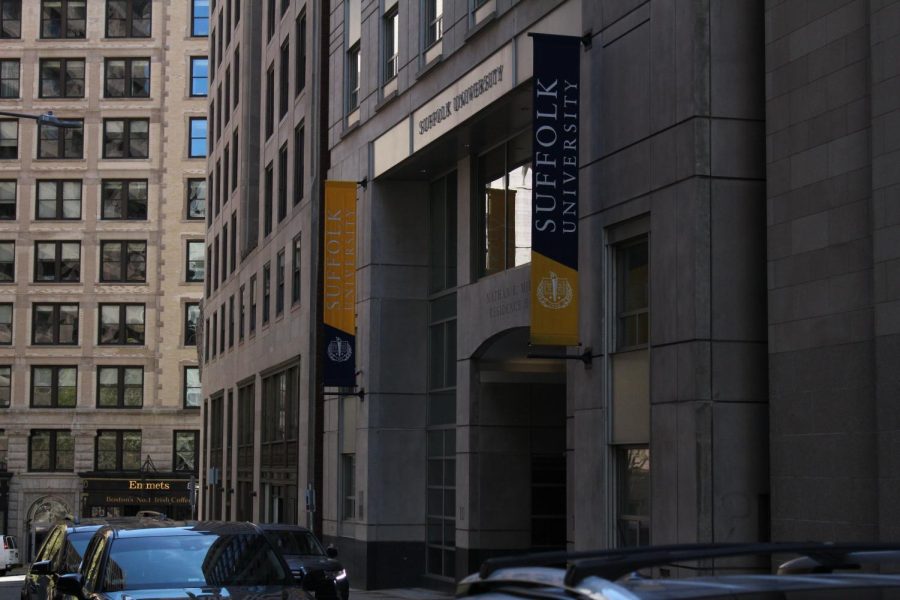Suffolk University’s Career Center ended Women’s History month with its “Women in the Workplace” panel, which gave an in-depth look at systemic issues that arise within the workplace.
Sarah Wach, Class of 2023, began the presentation with research on contrasting expectations between men and women in the workplace.
Wach spoke about the wage gap, including the difference between uncontrolled vs controlled pay gaps, the glass ceiling and sticky floor, which she identified as the differences between men and women in certain industries, years of experience on the job and sexual-based discrimination.
Wach also touched on the sexism seen in dress codes across a multitude of companies. She clarified that this can range from grooming to makeup, and that specific gender identifying rules are problematic for many reasons.
“Dress codes can be especially damaging to those who don’t identify with one gender, especially people who identify as non-binary since they don’t identify as a man or a woman,” Wach said.
Wach discussed sexual harassment statistics, including the term quid pro quo, or “sexual services in exchange for gain or avoidance of loss,” she said, and hostile work environments.
Yasi Diaz Rivera, a psychology major at Suffolk, spoke about the issues that stem from familial sexism within households including relatives calling women degrading names.
“Sometimes when you’re already called things like that by your family, you won’t be surprised and it’s hard to defend yourself when you get that experience at work,” Rivera said. “You tend to internalize it a lot of the time.”
Solutions for these issues include encouraging open discussions about wages and the Paycheck Fairness Act, which addresses “wage discrimination on the basis of sex, which is defined to include pregnancy, sexual orientation, gender identity, and sex characteristics.”
Anna Plumb, Class of 2024, presented her research on “The Double Bind,” which she describes as “gender stereotypes that create a no-win situation for women leaders.”
Plumb further discussed the stereotypical personality traits associated with both men and women in the workplace.
“A double bind is often a situation in which a person making a decision receives conflicting messages and no matter what the person does, they’re doing something that is thought of as wrong,” Plumb said.
Plumb’s research points out that though women are often viewed as “nurturing, emotional and communicative” if they take care of others, they are “well-liked – but viewed as less competent leaders.”
Grace Laverriere, a broadcast journalism major and Suffolk Journal contributor, who was attending the forum gave insight on her own experience with the double bind. As a hostess at a summer job, she said her female manager was often looked down on because of her gender.
“She was extremely qualified to be in her position and that was one of the first instances where I saw it, the blatant sexism, so clearly,” Laverriere said.
Attendees discussed how sexism in the workplace can extend from not only the ground level, but to women in powerful positions who still struggle to prove their worthiness in the position they hold.
Talia Ferraro, Class of 2023, discussed her research on imposter and tiara syndrome.
“Imposter syndrome is doubting your abilities and feeling like a fraud, which leads people to question whether they deserve their accolades and accomplishments,” said Ferraro.
Ferraro also went on to describe the lesser-known ‘tiara syndrome’ which specifically affects women.
“[Tiara syndrome] is used to describe the professional modesty that women have in the workplace, that if they work hard and diligently they will get recognized,” Ferraro said.
Ferraro noted that the issues with imposter and tiara syndrome both extend towards women who often work harder than men for the same positions, all the while earning less due to the wage gap.




















